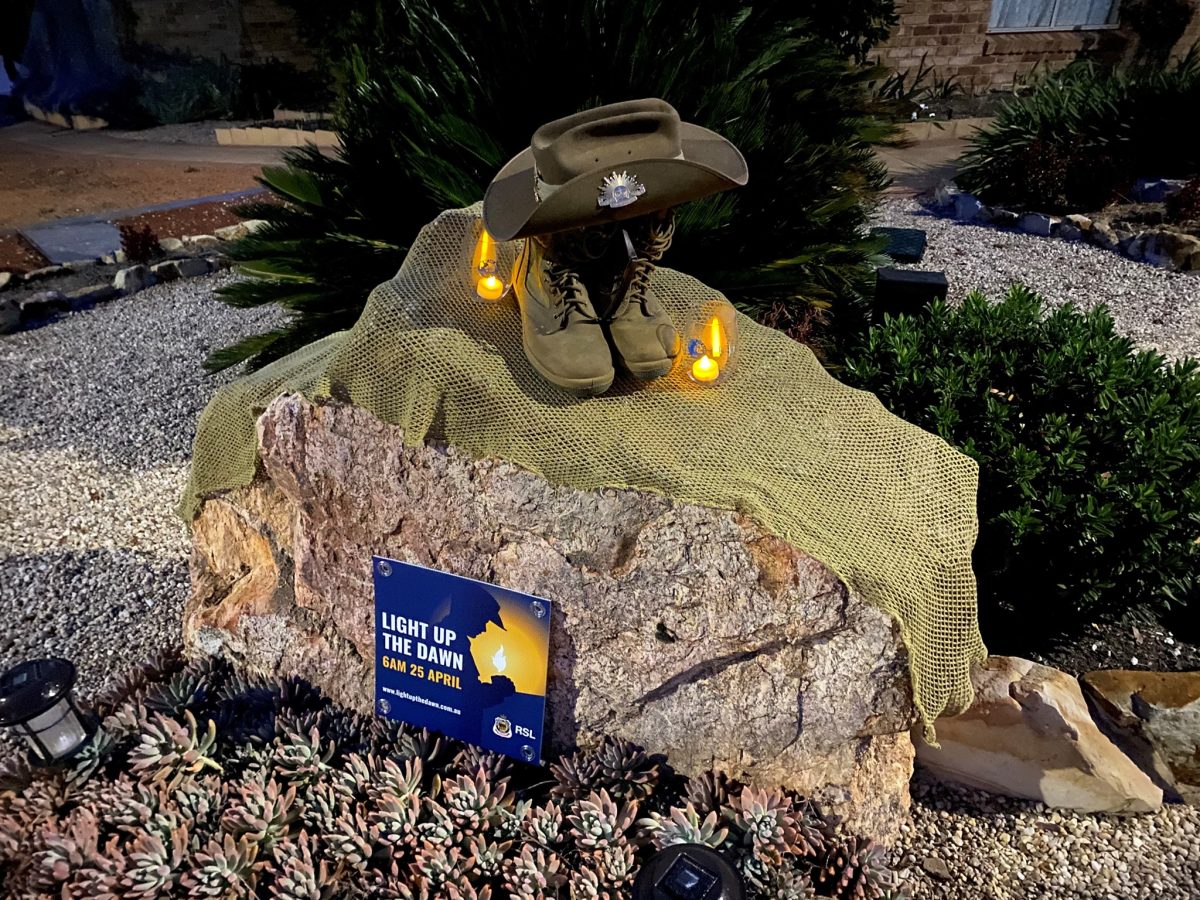
Remembering and honouring our war dead is a national value. But other hard things also need acknowledgement. Photo: File.
I recently read an opinion piece decrying the guilt forced upon Australians by Indigenous people and by those awful woke folk who support them.
Is that fair? Should we move on and not discuss difficult events that happened in the past?
I’ve been public in my support of the Voice referendum and, as a result, have been told various times that Indigenous people should stop talking about the past, or as one particularly annoyed person told me, “they should stop banging on about it”.
I replied, “OK, when do we forget about the deaths at Gallipoli or the atrocities on the Burma Railway in WWII? When do we stop paying for the upkeep of our overseas war graves? What is your time frame for us all to forget about bad things that happened in the past? Is it 200 years? 100 years? What is it? What does ‘Lest We Forget’ mean?”
We know winners often pick and choose what to remember and what to forget, but many things are still remembered, even by those who lost a war. The memory will last for a long time because remembering the past is something that humans do.
The Scots will never, ever forget the defeat by the much disliked Sassenachs (English) at the Battle of Culloden (1746). The Irish won’t forget the Battle of the Boyne (1689) – the southern Republican Irish and the Northern loyalist Irish have different reasons to remember that battle, which causes grief and violence between those groups to this day.
There is still much angst among many ethnic groups in middle and eastern Europe over events and battles that happened centuries ago, particularly with the Ottoman Empire. The Great Siege of Malta (1565) will never be forgotten by the Maltese.
The Armenians remember with anger and grief the victims of the Armenian genocide (1915). Humanity will hopefully never ever forget the horrors of the Jewish Holocaust of WWII.
We know there have been battles and massacres in Australia’s history. This occurred many times between Europeans and people from the various nations that inhabited the continent during the time of colonisation.
There is also one famous battle at the Eureka Stockade (1854) between the British authorities and local gold miners, which resulted in what many call a massacre of innocent miners who just wanted a fair go.
Should these battles and events be pushed under the carpet? Forgotten? Banned from discussion? If not now, when do we forget them? Or do we just forget the battles and massacres associated with First Nations people? Do we forget the massacres of Indigenous people by whites but remember the massacres of white people?
Another odd argument is that Australia was lucky to have been colonised by the British. It seems that any other colonisers would have been much more appalling, as though Indigenous people should be celebrating their colonisation by a civilisation like the Brits and not by those horrid French or Chinese or Spanish or whomever.
That seems somewhat of a moot (and privileged argument). Would, say, the Gamilaraay victims of the Myall Creek massacre in NSW (1838) be thankful they were being massacred by the British and not by the Spanish?
When children of Indigenous people were forcibly removed from their families by the British was that better than the French or Spanish removing those kids? (Those kids would have got better food than British stodge.)
Another argument is that saying sorry is meaningless if the current populations were not alive when the disturbing events occurred.
With that logic, the Japanese are right to say no to providing apologies to the Chinese for the Rape of Nanking? If the Japanese say to Australia, “Please stop banging on about it” (it being the atrocities of WWII), do we say, “Oh, yes, that happened before any of you were born and before any of us were born, we should never talk of it again”?
Interestingly, there is a plaque at the old Quarantine Station at North Head in Sydney that remembers over 15,000 Australians who died from the Spanish Flu pandemic of 1912-1919. There is no plaque anywhere that recognises over 200,000 people who died from introduced diseases after the arrival of Europeans in this continent’s first recorded pandemic.
It is a commonly stated truth that we must learn from the past. We should learn from the good, the bad and the ugly of the past. Or do we pick and choose which parts of our past we remember depending on whether it is good or bad and upon whether we were the victims or the winners?
Should Indigenous people apologise to the British and the rest of us for trying to make us feel bad?
If we forget past battles and atrocities, then we should ignore them all, not just the ones we don’t like to recall. Otherwise, it is just hypocrisy. Isn’t it? Personally, I believe in the power of Lest We Forget.
Original Article published by Peter Strong on Riotact.







